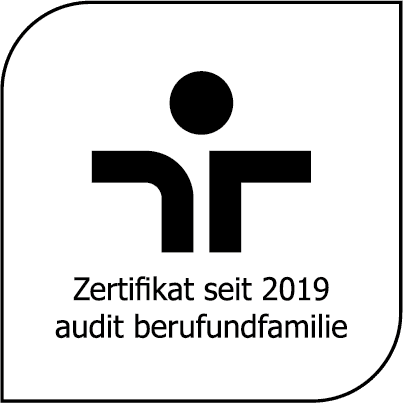Test instruments sorted
Contact person for the Open Test Archive
Gülay Karadere (Dipl.-Psych.)
Research Associate
guek@leibniz-psychology.org
IEBL
Inventar zur Evaluation von Blended Learning
Short abstract
The IEBL is used for the subjective evaluation of blended learning courses, which are characterized by the combination of online and classroom teaching. The goal is to go beyond the overall evaluation of conventional instruments for teaching evaluation and to determine the extent to which the online and attendance components have been successfully implemented and the extent to which the participants at the event have seen the respective advantages of the two components. Items were developed in close accordance with Glowalla et al. (2009) and Kerkau (2009) and taken from individual categories of HILVE-II, so that the inventory comprises a total of eight scales and 46 items. The individual scales are used to evaluate courses as a whole, to evaluate the online components and to evaluate the attendance components. Reliability: The internal consistencies according to Cronbach lie between Alpha = .67 and Alpha = .91. Validity: The change-sensitive scales of the IEBL prove the validity of the procedure.
Leibniz Institute for Psychology (ZPID). (2019). Open Test Archive: IEBL. Inventar zur Evaluation von Blended Learning. Available at: https://www.testarchiv.eu/en/test/9006865
Citation
Peter, J., Leichner, N., Mayer, A.-K. & Krampen, G. (2015). IEBL. Inventar zur Evaluation von Blended Learning [Verfahrensdokumentation und Fragebogen sowie Auswertungshilfe]. In Leibniz-Institut für Psychologie (ZPID) (Hrsg.), Open Test Archive. Trier: ZPID.
https://doi.org/10.23668/psycharchives.4590
Short information
Short Name IEBL
English Name Inventory for the Evaluation of Blended Learning Courses
Authors Peter, J., Leichner, N., Mayer, A.-K., Krampen, G.
Published in Test archive 2015
Copyright/Licence Copyright Authors; CC-BY-SA 4.0
Language versions deu
Application age Teenagers & Adults
Item number 46 items
Subscales (1) Evaluation of lectures: (1a) General benefit, (1b) Didactic quality, (1c) Appropriateness of stress; (2) Evaluation of online content: (2a) Acceptance of online teaching, (2b) Lack of social exchange, (2c) Usability; (3) Evaluation of attendance rates: (3a) Acceptance of classroom teaching, (3b) Lecturer
Application Time ca. 5-10 min.
Interpretation time A few minutes.
Internal consistency: Cronbach's Alpha = .67-.91.
Findings on change sensitivity.
None.
Applications Research, Teaching
Older versions
Version 1: https://doi.org/10.23668/psycharchives.442
There is no abstract in English available. Short information about the measure can be found under Overview. More can be found on the German pages.
There is no review in English available. Short information about the measure can be found under Overview. More can be found on the German pages.
First published in
Peter, J., Leichner, N., Mayer, A.-K. & Krampen, G. (2014). Das Inventar zur Evaluation von Blended Learning (IEBL): Konstruktion und Erprobung in einem Training professioneller Informationskompetenz. In M. Krämer, U. Weger & M. Zupanic (Hrsg.), Psychologiedidaktik und Evaluation X (S. 275-282). Aachen: Shaker. PSYNDEX Dok.-Nr. 0293055
Feedback form
Feedback on the use of a procedure from the Open Test Archive of the Leibniz Institute for Psychology (ZPID) to the test author(s)
Contact information
Dr. Johannes Peter, Dipl.-Psych., Solution Architekt, MediaMarktSaturn Retail Group
Dr. Nikolas Leichner, Rheinland-Pfälzische Technische Universität Kaiserslautern - Landau, Methodenzentrum, Westring 2/ Pestalozzistraße 3, D-76829 Landau
Dr. Anne-Kathrin Mayer, Deutsche Rentenversicherung Bund Deutschland,
Prof. em. Dr. Günter Krampen, Emeritus, Universität Trier, Abteilung für Klinische Psychologie, Psychotherapie und Wissenschaftsforschung (bis 31.3.2016), Direktor des Leibniz-Instituts für Psychologie (ZPID, ehemals Leibniz-Zentrum für Psychologische Information und Dokumentation) (bis 30.6.2017), D-54296 Trier

 Learn more about us!
Learn more about us! 
